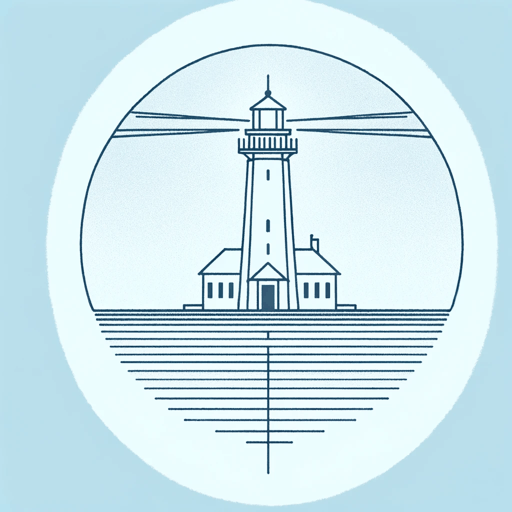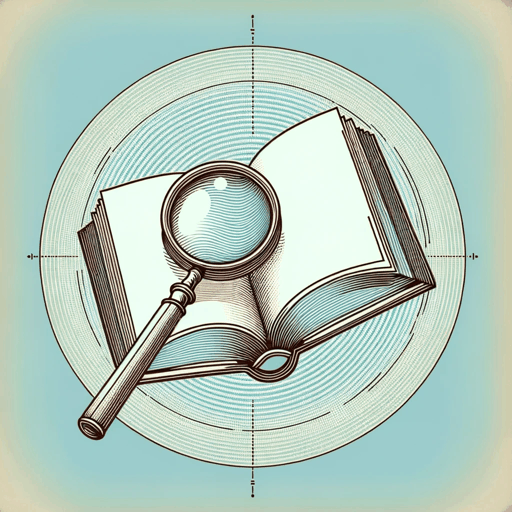23 pages • 46 minutes read
Francis BaconNew Atlantis
Fiction | Short Story | Adult | Published in 1627A modern alternative to SparkNotes and CliffsNotes, SuperSummary offers high-quality Study Guides with detailed chapter summaries and analysis of major themes, characters, and more.
Story Analysis
Analysis: “New Atlantis”
Born in 1561, Francis Bacon was a statesman and philosopher who is best known for developing an empirical approach toward scientific inquiry and experimentation that would inspire the scientific method used today. Over the course of his life, he wrote essays on science, religion, law, and politics; New Atlantis represents his views on each of those disciplines, conveyed through the form of the utopian novel. Following in the footsteps of Thomas More’s 1516 novel Utopia, New Atlantis showcases the laws and customs of a fictional island which Bacon considers the ideal society. However, the fact that New Atlantis was unfinished and unpublished at the time of Bacon’s death (it was tacked on to the end of a natural history tome released posthumously by his secretary) complicates efforts to interpret his intentions, let alone to suss out a unified political theory from the text.
For example, there seem to be three major authoritative bodies on the island of Bensalem: the church, the monarchy, and the scientific academia, embodied by Salomon’s House. Yet it is unclear which, if any, of these bodies holds ultimate authority over the island’s peoples. Such questions of ecclesiastical authority versus monarchical authority would have been top of mind for most European scholars of Bacon’s era, given the many challenges King James I faced in navigating the fraught religious and political landscape in 17th century England.


